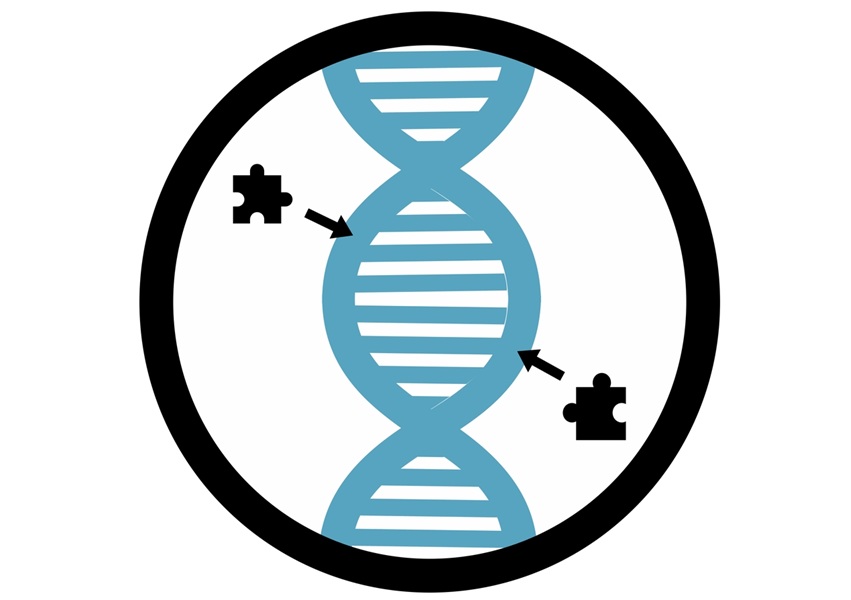Genetic Study Predicts Stomach Cancer Progression
By LabMedica International staff writers
Posted on 17 Jan 2018
Although stomach cancer is treatable if detected early, diagnosis often occurs at an advanced stage, resulting in high mortality. Intestinal metaplasia (IM) is a pre-malignant condition of the gastric mucosa associated with increased gastric cancer (GC) risk.Posted on 17 Jan 2018
Stomach cancer is the third deadliest cancer in the world according to statistics, and claims more than 300 lives yearly in Singapore. The disease is believed to be caused by infection with Helicobacter pylori but is potentially treatable if detected early. Unfortunately, more than two-thirds of stomach cancer patients are only diagnosed at an advanced stage.
A large team of scientists led by those at the National University of Singapore (Singapore) performed genomic profiling of 138 IMs from 148 cancer-free patients, recruited through a 10-year prospective study. The team leveraged the near 3,000 participants-strong Gastric Cancer Epidemiology Programme (GCEP) cohort, recruited with the support of patients and doctors to show that a comprehensive analysis of the genetic patterns of IM can predict its subsequent progression towards stomach cancer.
The investigators found that compared with GCs, IMs exhibit low mutational burdens, recurrent mutations in certain tumor suppressors (F-Box And WD Repeat Domain Containing 7, [FBXW7]) but not others (Tumor Protein P53, [TP53], AT-Rich Interaction Domain 1A [ARID1A]), chromosome 8q amplification, and shortened telomeres. Sequencing identified more IM patients with active H. pylori infection compared with histopathology (11% to 27%). Several IMs exhibited hypermethylation at DNA methylation valleys; however, IMs generally lack intragenic hypomethylation signatures of advanced malignancy. IM patients with shortened telomeres and chromosomal alterations were associated with subsequent dysplasia or GC; conversely patients exhibiting normal-like epigenomic patterns were associated with regression.
Yeoh Khay Guan, MBBS, MMed, FRCP, Deputy Chief Executive, NUHS as well as Dean, NUS Yong Loo Lin School of Medicine and co-lead investigator of the study said, “Our study is the largest series of IM to be studied in detail by genetic analysis. These new findings help us understand why some people have a higher risk of progression to stomach cancer, and identify those who may benefit from closer follow-up to prevent cancer or to detect it early so that it can be cured.” The study was published on December 28, 2017, in the journal Cancer Cell.
Related Links:
National University of Singapore













